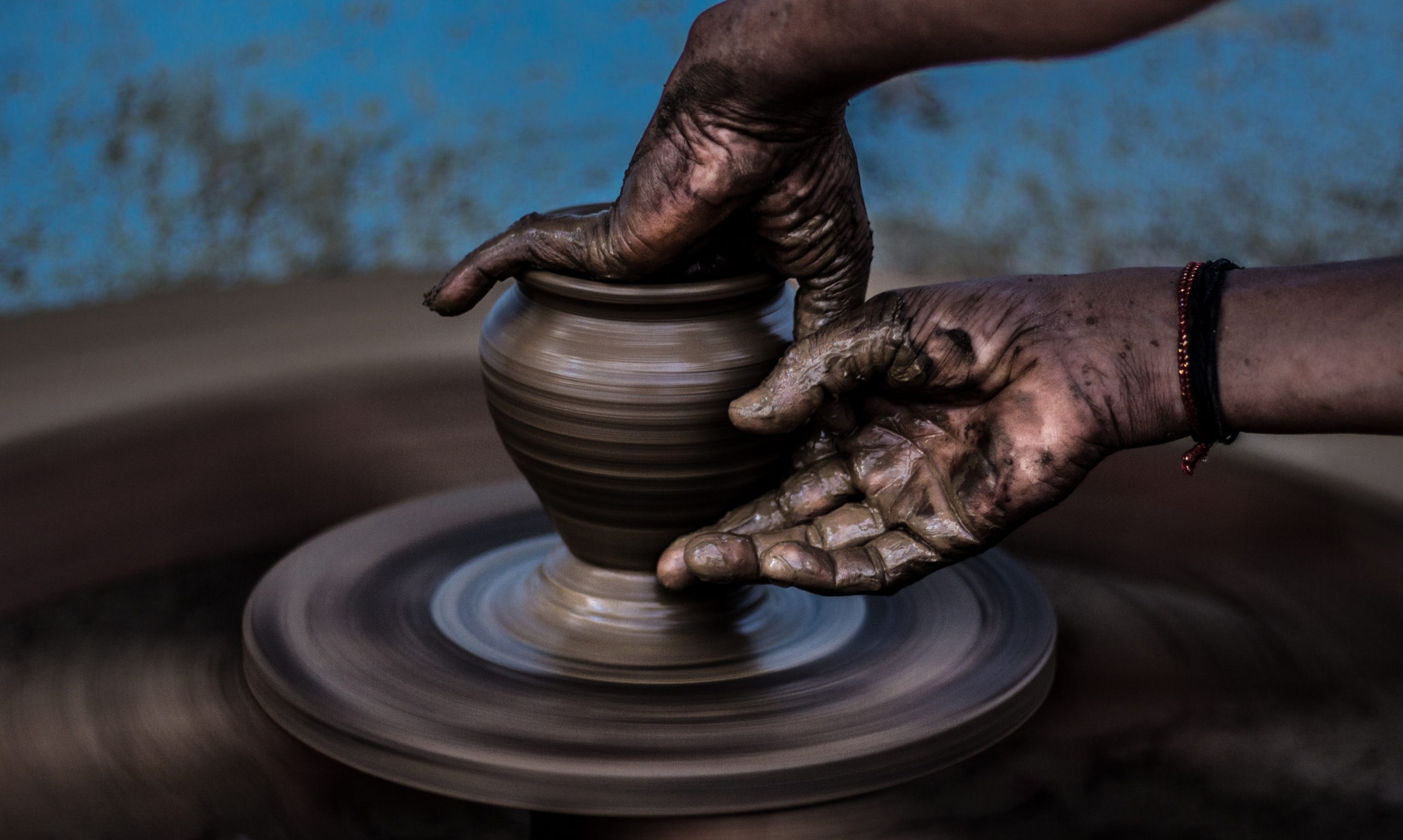Your Pain Has a Purpose

My wife has suffered more in life than I have.
She has given birth. Five times.
And she has had kidney stones.
She tells me that while both events are excruciating, she’d much rather give birth than have a kidney stone. At least you have a child and not just a jagged quarter inch mineral deposit to show for all your pain!
This week I read about work done in 2017 by pediatric researchers in Philadelphia using an artificial womb—what they called a “biobag.”
The researchers took a premature baby lamb and placed him in the biobag for four weeks until he was stronger and able to live on his own. While the research was designed to improve outcomes for high-risk humans born prematurely, the biobag’s successful incubation of the baby lamb prompted speculation about a future where parents could utilize the technology to enable human reproduction that does not require a mother to have to experience the pain and discomfort associated with pregnancy and delivery. The “pain in childbirth” issue would be solved!
Reflecting on the biobag research, journalist Katherine Boyle asked a group of young women in California’s Silicon Valley what they thought about the prospect of babies born in biobags. “To my surprise,” she writes, “they celebrated the development. They confessed that in their minds, childbirth is dangerous. Destructive, even.” Many of these women had heard about the risks and pain of childbirth from their peers and had concluded that “this act of self-sacrifice bordered on martyrdom and was neither fair nor worth it. One summarized her views of childbirth saying: ‘I look forward to artificial wombs because it will finally equalize men and women. Women have always had to bear this unique suffering.’”
Boyle’s extended meditation on this subject is worth reading. She uses the development of biobag technology as an illustration of our culture’s focus (obsession?) with minimizing any and all human suffering. And she wonders about the unforeseen consequences of our technological war on suffering. “In a culture that has no reverence or tolerance for suffering of any kind,” she writes, “even the smallest forms of it can seem like oppression. . . . The war on suffering has not only robbed us of resilience; it has sold us a mirage that is making us miserable.”
Count It All Joy
I don’t know what Boyle believes about God. But her article made me think immediately of James 1 and Romans 5.
James famously begins his epistle by challenging us to “count it all joy” when we encounter various trials. Suffering, hardship, adversity and difficulties have a divine purpose for us. They put our faith to the test. What do we really believe about God, His goodness and His providential care for us, even in the midst of hardships? When our faith is tested, James says, the suffering can produce in us the resilience we need to bear the challenges we will face in life. Suffering helps us cultivate endurance and patience. It makes us stronger.
Romans 5:3–5 challenges us to rejoice in our sufferings, “knowing that suffering produces endurance, and endurance produces character, and character produces hope, and hope does not put us to shame, because God’s love has been poured into our hearts through the Holy Spirit who has been given to us” (ESV).
The point of both passages is that when we experience suffering in this life, God can and does use it to refine us, to grow us, and to make us stronger.
Sometimes the suffering we’re facing comes as a result of God bringing loving discipline into our lives in order to steer us away from danger and destruction. For the moment, the writer of Hebrews tells us, discipline may seem painful (12:11). But He disciplines us for our good. The pain has a purpose.
Consider Him Who Suffered
Here’s the final thought I had as I read Boyle’s article: We are in a season right now where our hearts should be remembering and pondering the One who was stricken, smitten and afflicted for our sake. Jesus, the innocent one, endured suffering for a purpose—so that we could be reconciled to God. He suffered in our place and for our sake. We are told to consider Him who endured from sinners such hostility against himself. Meditating on His suffering will help us to not grow weary or fainthearted. In your suffering as you struggle against sin, the writer of Hebrews reminds us, you have not yet resisted to the point of shedding your blood (Heb. 12:4).
The Bible has much to say about suffering and trials. We know we should not inflict suffering on others. And we are not to masochistically pursue suffering as some in church history have suggested. But when trials come, when suffering visits our lives, as it will, we should embrace it and not seek to insulate ourselves from it.
When trials come no longer fear
For in the pain our God draws near
To fire a faith worth more than gold
And there His faithfulness is told1
As Joni Eareckson Tada has discovered, difficult situations look different when the light of heaven shines on them. Spend time turning your eyes to Christ through the series “A Heavenly Perspective, with Joni Eareckson Tada,” streaming on the Revive Our Hearts podcast March 27–28. Listen now.
1 Keith Getty and Kristyn Getty, “When Trials Come,” Getty Music, 2005, https://store.gettymusic.com/us/song/when-trials-come/.






